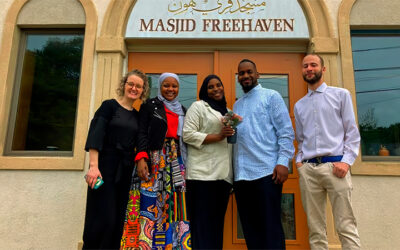We are in Innsbruck, in the middle of winter. It’s 10:00p.m. and it’s freezing cold outside. I put on my warm windbreaker and set out quickly for home. A young man stops me and asks me to buy his heater for 300 shillings. He explains to me that if he doesn’t pay up his boarding expenses by the end of the day, the landlady is going to put him out on the street. My first reaction is: “I’m sorry, but I can’t.” I have in my wallet exactly 323 shillings, enough money to cover my expenses for the second half of February. Every shilling is already accounted for to buy what I need like bread, butter, and so on. My friends are away for a winter holiday and I can’t ask anyone else for a loan. While I continue walking, it occurs to me that I have at least a warm room, whereas that man has nothing at all. I remember the words of the Gospel: “Give and gifts will be given to you”. I turn around and call out to him; I give him the 300 shillings; he can keep the heater for himself. While I’m on my way home, a sense of anxiety begins to come over me: I really don’t know how I am going to reach the end of the month. But as soon as I arrived, what do I find? A large travelling bag hanging on the door of my room. Surprise! It contains bread, smoked ham, eggs, cheese, honey, butter: all things that a hungry student dreams of. To this day I don’t know who hung that travelling bag on the door of my room.
Put love in first place
Put love in first place




0 Comments